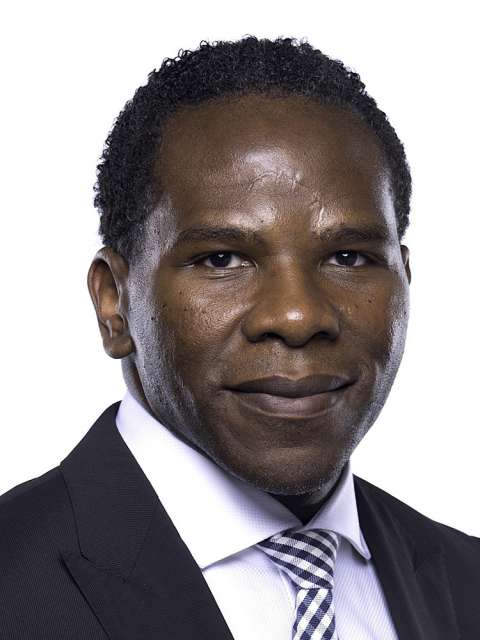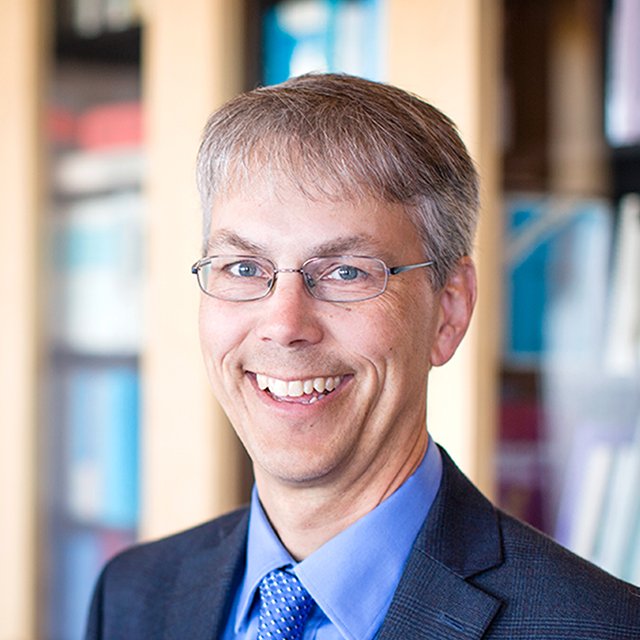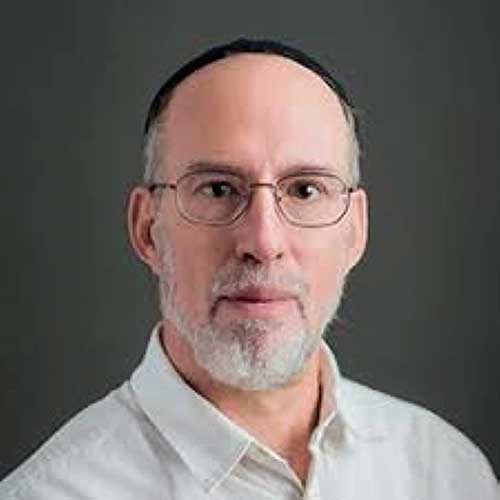
Summer 2023 Newsletter
Former APG Fellow’s Research Targets the Nervous System to Treat the Heart

Olujimi Aijola, M.D., Ph.D.
2013 Fellow Olujimi Aijola, M.D., Ph.D., is an Associate Professor in the Department of Medicine at the University of California, Los Angeles, and serves as the Director of the Neurocardiology Research Program of the UCLA Cardiac Arrhythmia Center. He earned his medical degree from Duke University and did a fellowship in cardiac electrophysiology at UCLA where he also earned his Ph.D. in molecular, cellular and integrative physiology.
Olu’s lab focuses on understanding the complex interplay between the nervous system and the heart. “The heart can’t function without normal electrical patterns,” he explains. “We are trying to understand the processes that make the heart electrically unstable, and the nervous system is a major contributing factor.” The goal of Olu’s research is to develop therapies that target the nervous system in order to treat the heart.
Olu also serves as the Director of UCLA’s ProSTAR-Physician Scientist Training Program, which develops physician scientists by providing opportunities for internal medicine residents to obtain research experience and mentoring. The program provides a pathway for individuals who are interested in becoming clinician investigators but who did not enroll in an MD-PhD program in which the two degrees are pursued simultaneously. By expanding access for physicians in training into intensive research training programs, Olu also hopes to reduce barriers that will result in greater diversity in the field.
As he reflects on his career, Olu emphasizes the importance of mentorship. “Mentorship doesn’t end when someone becomes faculty,” he said. “Scientists need mentors for all aspects of their careers – not just in carrying out bench science. People need mentorship in writing grants. They need mentorship in getting promotions and moving up the ranks.” Olu recommends developing a team of mentors, and to include peer-to-peer mentors – individuals who are at the same level in the same field and/or in other fields.
To learn more about Olu’s research, click here.
Member of Scientific Advisory Committee Leads Diabetes Center at UCSF

Mark Anderson, M.D., Ph.D.
A member of the Foundation’s Scientific Advisory Committee, Mark Anderson, M.D., Ph.D., is the Robert Friend and Michelle M. Friend Endowed Chair in Diabetes Research at the University of California, San Francisco School of Medicine and since February 2022 the Director of the Diabetes Center at UCSF. Mark carried out a fellowship in adult endocrinology and holds a Ph.D. in immunology; he is a leading expert in autoimmune diseases and their underpinnings.
As Mark explains, in autoimmune disorders, such as type 1 diabetes, the immune system makes a mistake and attacks “good” cells, or in the case of diabetes, the cells that make insulin. Mark is interested in understanding why this happens. How can the immune system tell the difference between something as important as insulin and a dangerous virus like COVID-19? What causes the immune system to break down and make a mistake? To answer these questions, the Anderson Lab has focused largely on studying a severe autoimmune disorder, Autoimmune Polyglandular Syndrome Type 1, or APS1, whose patients have been found to lack the proper functioning of a key transcription factor called Aire (for autoimmune regulator). What does this gene do? How does it contribute to immune tolerance, defined as the immune system tolerating normal tissue?
In addition to his research, clinical, and administrative roles at UCSF, Mark dedicates about a quarter of his time to directing the Immune Tolerance Network, a collaborative network for clinical research, funded by the National Institute of Allergy and Infectious Diseases, that seeks to accelerate the clinical development of immune tolerance therapies. Such therapies reprogram the immune system, putting an end to immune responses that cause disease while maintaining the immune system’s ability to combat pathogen infection.
As he reflects on his career, Mark’s enthusiasm for figuring out complicated problems is infectious. His advice for those who are in the early stages of their research careers is to be bold: “Science can quickly gravitate to adding a little more to what we already know. Go do something that excites you; follow your heart and your curiosity. Take chances.”
To learn more about Mark’s research, click here.
Former Fellow Pens Essay of Appreciation for the Foundation’s Investment in People

1992 Fellow Averell (Avi) Gnatt, Ph.D.
I completed my doctoral studies in Hermona Soreq’s lab at Hebrew University in 1991. Using gene cloning and biochemistry, this work involved the first successful expression and analysis of human cholinesterases, which are proteins crucial for nerve and muscle function. The aim of my postdoctoral research in Roger Kornberg’s lab at Stanford University was to determine the first-ever structure of RNA Polymerase II (RNAPII). RNAPII, the “reader of the eukaryotic genome,” reads different parts of DNA and transcribes that information to RNA molecules. This process explains why our eye, muscle, and nerve cells are so different despite having the same DNA.
Determining the structure of eurkaryotic RNAPII in the midst of reading DNA and generating RNA entailed biochemistry and state-of-the-art biophysics. This crucial crossover in my career, from biochemistry to biophysics, may seem to some a challenge, but the A.P. Giannini Foundation had faith in me and my abilities and supported my research.
After much effort, the first eukaryotic RNAPII structure in the act of reading DNA was successfully attained. The structure was highlighted on the cover of Science and by Roger Kornberg in his Nobel Prize presentation in 2006.
There is an important lesson to be learned from the faith the Foundation showed in me and their support. With much effort, and drive, a scientist should not fear learning any science. Since my postdoctoral fellowship, I have had a great run of amazing science positions, from academic appointments, to Director of Biotherapeutics, to consulting for medical startups, and to serving as a regulatory agent for drugs seeking FDA approval. Each job has been unique and different. One is not limited to a single arena. It all depends on how much effort one wishes to invest. For me, the Foundation’s vision is the vision I have taken with me for the rest of my career: Invest in people, invest in your abilities, have faith in yourself, work diligently, and enjoy the exciting life it can lead to.